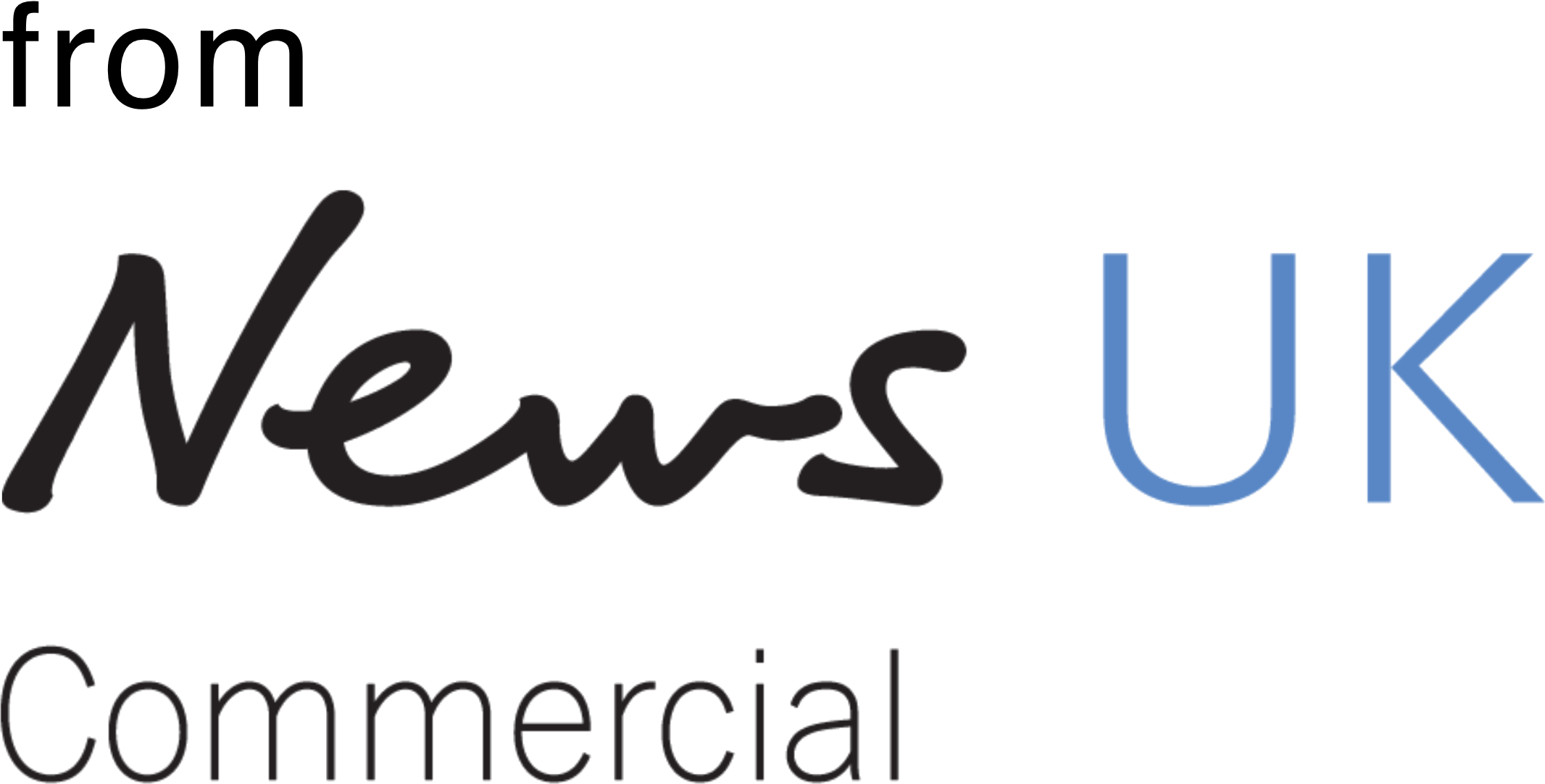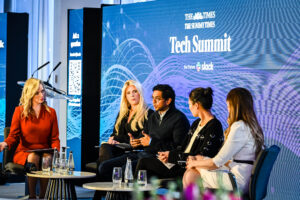People need the truth about the world in order to thrive - but what is truth?
The classic suggestion comes from Aristotle: the world provides “what is” or “what is not”, and the true saying or thought corresponds to the fact so provided.
This idea appeals to common sense, and is the germ of what is called the “correspondence theory” of truth. This theory suggests that, instead of saying “that’s true” of some assertion, one says “that corresponds with the facts”.
Therefore, truth to journalists (or correspondents) has to be at the epicentre of storytelling. Speaking truth to power, holding elected officials to account and championing the rule of law is the essence of newsbrand journalism in this country. Without truth, how can audiences believe and, subsequently, what would be the implications for advertising?
The trust challenge
Following his defeat at the Battle of Actium in 31 BC, Mark Antony heard a rumour that Cleopatra had committed suicide and, in consequence, stabbed himself in the abdomen - only to discover that Cleopatra herself had been responsible for spreading the rumour. He later died in her arms.
"Fake news" is nothing new but, in our internet age, it has spread like a disease, swinging elections, fomenting social unrest, undermining institutions and diverting political capital away from health, education and good government.
"That truth should be silent I had almost forgot.”
― Enobarbus: Shakespeare, Antony and Cleopatra
From an advertising perspective, the phenomenon of “fake news” has surely contributed to an extreme deterioration in brand trust. Brand trust is the only way you can build loyal brand advocates. But the global trend is working in the opposite direction.
Young & Rubicam's Brand Asset Valuator reveals that consumers' trust in renowned brands continues to slide. Consumers are reticent to believe advertisers' proclamations, however embedded in empirical evidence they may be.
The Edelman Trust Barometer 2020 found that trust is the second most important brand attribute for driving purchase and loyalty (behind price). This is within the context of a society in which, again according to Edelman, 70% of the ‘informed public’ say trusting a brand is more important today than in the past.
Finding believability
Trust and truth are intrinsically linked, but are not the same. One is difficult to measure and one, by definition, is surely irrefutable.
In these times of change and uncertainty there is a desire for balance, integrity and credibility within media. Kantar’s 2020 Dimension research identified a 41% "trust gap" between newspapers (the study’s most trusted source of news and information) and social media (the least).
Trusted news organizations have an impact on your brand messages DIMENSION 2020: COVID-19's impact on consumer media usage and attitudes #Kantar https://t.co/0r3VlGeMzJ
— Knut-Arne Futsæter (@Futsaeter) June 1, 2020
To a substantial degree, social media and search engines have taken on a role as intermediaries between readers and publishers. Today, more than half (55%) of internet users turn to either social media or search engines to access news articles.
One implication of this seismic shift is that Silicon Valley has a growing responsibility for curating the general population’s information - and, by implication, for interpreting discussions of major policy questions and protecting civic freedoms.
Newsbrands, by their innovation and digital diversification, are now well placed to benefit from these concerns.
But it would appear trust and applying a value are not the same thing. Habitual behaviour emerging from the pandemic needs to be interpreted by brands, and their subsequent communication needs to address consumers' evolved need-states and perspectives - perspectives that have been altered irrevocably whilst searching for the truth.
Truth drives decision
So, if consumers have been, or are, searching for the truth but feel it is often difficult to decipher, what are the implications for newsbrand businesses?
“Trends and Traits" - a recent study by News UK in conjunction with Differentology into the personality traits and values of The Times' audience across its diversified portfolio of digital, audio and print products - found that quality and trust are imperatives, and play a fundamental part in consumers' decision-making processes.
The profile of these new audiences is predominantly female, aged 25-44, often with young families, and they share traits of altruism, self-determinism, ambition and an openness to risk.
Truth, to them, in the context of brand choice, is determined by the sustainability credentials of a brand, the company their advertising keeps (the quality of the context in which it appears) and a brand's enduringness.
In fact, 73% of the new Times audience agrees that the quality of journalism surrounding advertising positively impacts on the perception of brand.
Is this more pertinent now, as the innate mistrust of other advertising vehicles enhances the relative authority of news brands?
Truth is earned
In "Of Truth," the essayist and philosopher, Francis Bacon argues that people have a natural inclination to lie to others:
"... a natural though corrupt love, of the lie itself”
-- Francis Bacon
Modern psychology would support this theory, particularly pertaining to the internal stories we tell ourselves. If the biggest lies are the ones we tell ourselves, about our own truths or untruths, then what becomes of the role of the correspondent?
For example, do people subservient to confirmation bias want to only hear what supports their interpretation of the truth? Is the expertise of news brand journalism in deciphering and interpreting that truth for the consumer therefore of greater importance?
The current online environment has given rise to opaque and asymmetric relationships between users and platforms, and it is reasonable to question whether the industry has taken sufficient action on its own to foster an ecosystem that values and promotes truth.
Is the industry permitting producers of quality information to differentiate themselves from less trustworthy sources?
Thirst for truth persists
Furthermore, do we still trust expertise to purport the truth?
In the run-up to the Brexit referendum, Michael Gove, then Minister of Justice and Lord Chancellor, said that people "have had enough of experts".
It is apparent, that this is a point of view not shared by the populous. Newsbrands now reach a staggering 45 million people a week. Their platform-agnostic innovation has meant their content now fits seamlessly into people’s lives and, importantly, adds something to their lives.
The Chief Operating Officer of News UK, David Dinsmore, was recently quoted as saying: "Trusted information is a necessity. It’s not a want, it’s a need."
Newsbrands are well-placed to fulfil this need. Various media commentators are saying - now is the time for brands to be bold, to be disruptively optimistic and to dare to be different.
This difference needs to be embedded in trusted environments, or perception of their quality could well be compromised.



 News UK
News UK 






